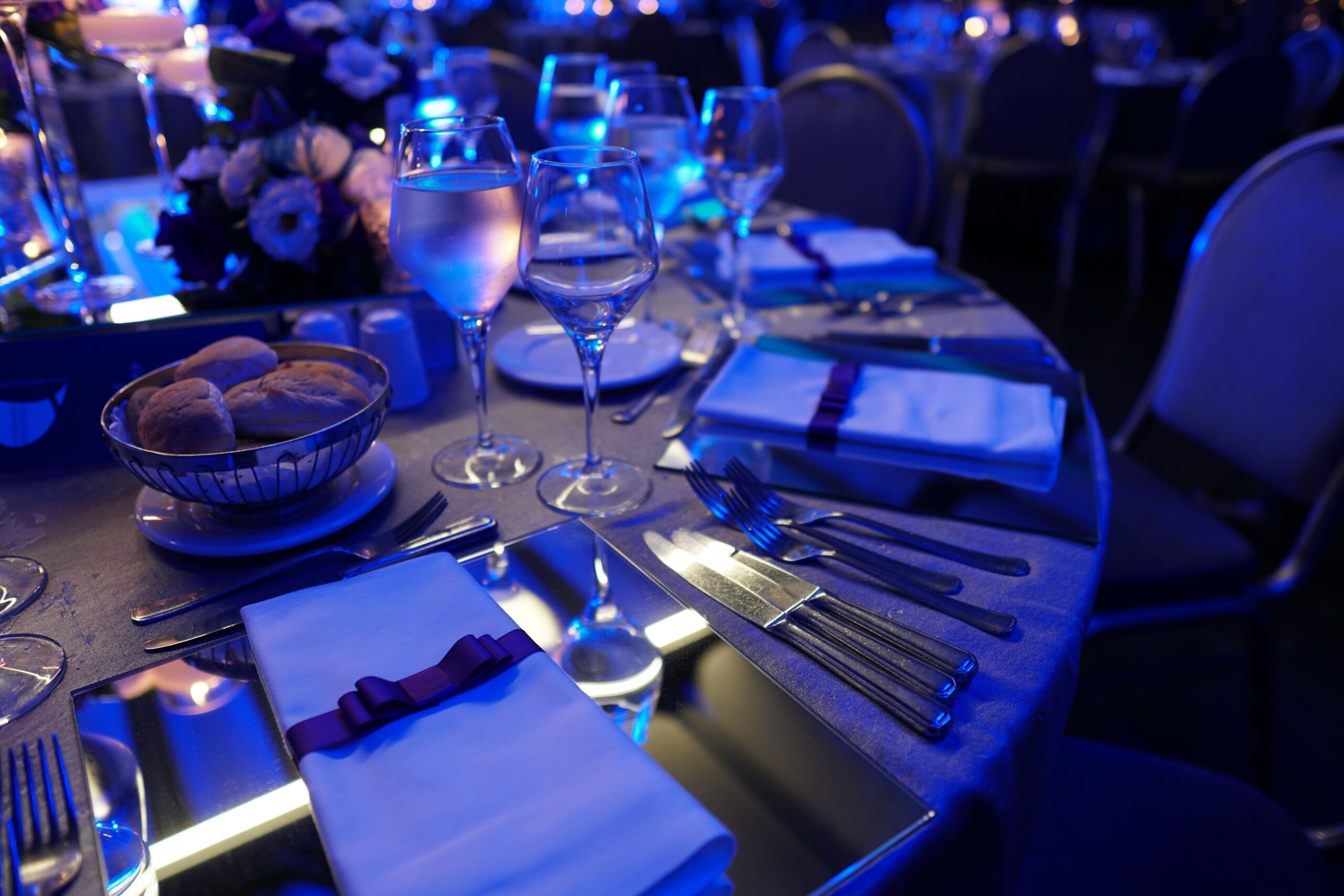
Date posted: 1st May 2024
To be allowable as a tax deduction whether under the corporation tax or income tax rules, most expenses must be incurred ‘wholly and exclusively for the purposes of the trade’.
Unlike the equivalent rule for employment expenses, the expense is not required to be ‘necessarily’ incurred. This means that as long as an expense is incurred for the business and only for that purpose, a deduction is given.
An area of tax deductions where confusion reigns is in the difference between advertising and entertainment. The line between promoting a company and providing business entertainment can be fine, but the difference is important.
Advertising costs are tax deductible whilst those for entertainment are not. The person being entertained may be a customer, a potential customer or any other person. Many business owners will claim taking a potential client out for lunch is purely for the business and advertising to promote the business rather than entertaining and try to claim a tax deduction when not allowed.
Tax law is very definite in disallowing entertaining. However, there is no legal definition of the term. The courts have therefore decided on a broad interpretation in that ‘hospitality of any kind’ comes under entertaining but only where given for free. HMRC’s view is that food and drink costs are hospitality and always disallowable unless the hospitality provided is what is termed ‘minimal’ or ‘incidental’.
A typical case where the ‘fine line’ can be confused is the case of Netlogic Consulting Ltd v HMRC [2005] SpC 477. The company held a function for 250 guests and claimed the entire cost as advertising. HMRC disallowed the claim in full as entertainment. The courts found that the room hire cost was an allowable tax deduction because, based on the facts of the case, it was established that ‘the entertainment was incidental to the promotional purpose of the meeting, rather than the hire of the room being incidental to the provision of the entertainment’.
Despite the disallowance rules surrounding entertainment, there are some circumstances whereby expenditure on entertainment can be allowed, particularly if supplied under a contractual obligation (i.e. an obligation that requires the other party to provide something of value in return). As long as the obligation is genuine and the business can demonstrate a full and direct return for the entertainment then the cost will be allowed. The most common situation under this heading will be where hospitality is provided as part of a package of services for which some payment is received.
Despite the ruling above, in practice HMRC accepts that the cost of light refreshments (tea, soft drinks, biscuits, etc.) at a business meeting or event is tax deductible in all circumstances except where the motive is hospitality, e.g. taking a prospective client for a drink at a café or pub.
If you require assistance navigating the deductibility of expenditure, please contact us.


